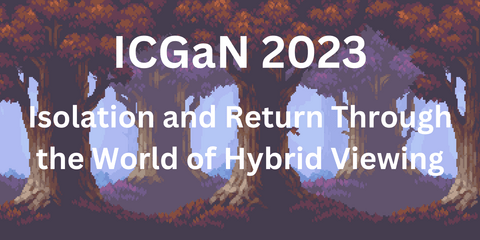Aspects of Play in Academia - Women of CHI PLAY 2023
From October 10th to October 13th, 2023, CHI PLAY took place at the Stratford School of Business and Interaction Design. In this retrospective, we sit down with GI faculty Drs. Cayley MacArthur, Jen Whitson and Leah Zhang-Kennedy who recount their experiences at CHI PLAY, including what makes it so unique, what they took away from the 2023 conference, and what advice they would give to those looking to attend in the future.
